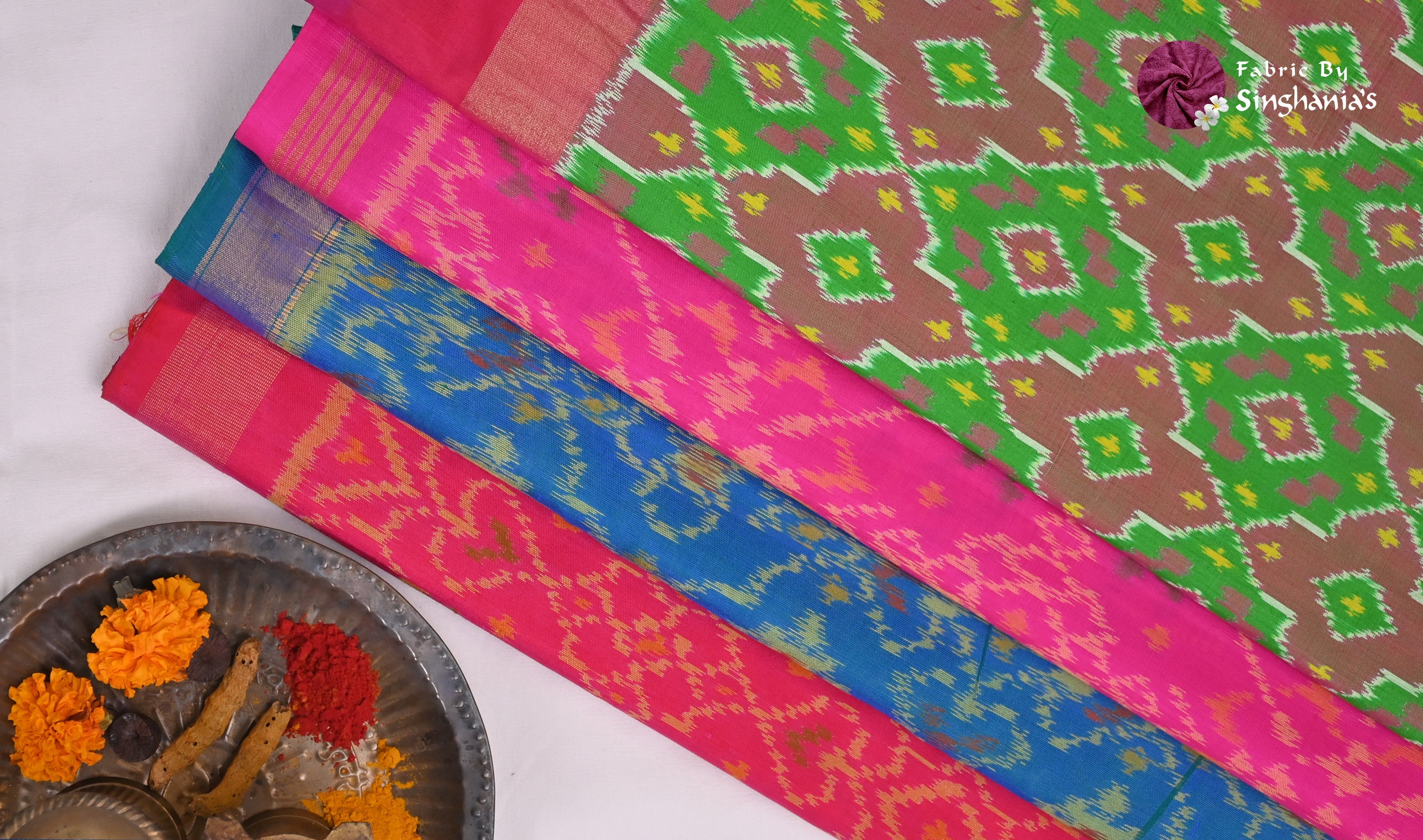We understand that selecting the perfect fabric is a meaningful investment. As distinguished providers of fine textiles, we feel it’s our responsibility to provide expertise in caring for your cherished fabrics properly. With the right techniques, your fabrics will maintain their shine and become heirlooms.
Our commitment starts by sourcing only the finest quality fabrics, then continues by sharing specialized care knowledge so you can preserve the integrity of every thread. We meticulously shield our silks from damaging sunlight and ensure our cottons retain their vibrancy wash after wash. Let us help you protect your precious fabrics at each step – from initial selection to everyday use. The fabrics deserve to be treated like family.
COTTON

Cotton Fbaric is the epitome of comfort, but it can be disheartening when your favorite cotton pieces become faded and damaged. Not to worry though - cotton can often be revived with proper care. Washing cotton fabrics in cold water and letting them air dry is typically enough to keep them looking their best. Remember that cotton blends may require special handling, so always check the fabric care labels. Lightly dampening cotton before ironing on a medium heat setting is also recommended.
If you notice tough stains on your cotton clothes, try soaking the fabric in a solution of equal parts lemon juice, baking soda and water for 30 minutes before washing as usual. This technique can help remove stubborn discoloration.
Here's an interesting fact - it takes a cotton plant approximately 200 days to produce a crop from a tiny seed.
RAW SILK

Raw silk Fabric is a luxurious, delicate fabric that elevates any outfit. However, like any fine material, it requires gentle care to maintain its splendor. Caring for raw silk is easier than you might think.
Avoid hanging raw silk in sunny windows since direct sunlight can damage the fabric. It's best to let it air dry in a cool, shaded spot instead.
Ironing takes a light touch - use low heat and iron inside out if you're unsure. When in doubt, it's safest to have raw silk professionally cleaned.
Handle the cloth with care, avoiding twisting or wringing which can cause harm.
Here's an amazing fact about raw silk - each cocoon unwinds into a single continuous thread that stretches an astounding one kilometer long! Just imagine the care needed to unravel such a precious strand.
SATIN
Satin Fabric is a delicate, luxurious fabric that many love for special occasions. Caring for satin can seem confusing, but just takes a gentle approach.
Avoid bleaches when removing stains - they can cause the fabric to bleed. Instead, hand wash satin using a chemical-free detergent made for delicates.
Due to its fragile nature, satin should be hung to dry on a rack or dried on low heat. Avoid pressing down when ironing, as heavy pressure can damage the material. Use light, smooth strokes instead.
For the latest printed satin styles, discover modern satin fabric innovations while getting personalized style advice.
SILK
Can silk fabric be machine washed? It's best not to wash silk in the machine. Many believe hand washing isn't an option for silk, but this is only true of highly embellished varieties like Banarasi, Kanjivaram, and Chanderi. Types such as Jacquard, Art Silk and Uppada can safely be hand washed starting after the first wear.
Keep silk away from fragrance, sunlight and bleach. Use lukewarm water for hand washing. For tough stains, consider professional dry cleaning. Storing wrapped in muslin in a cool, dry place maximizes silk's longevity.
Here's a useful silk fact - its tight weave makes it difficult for insects to bite through! Silk can help prevent mosquito bites in hot weather.
TUSSAR

Tussar silk Fabric, the mulberry silk cousin, lends a touch of organic elegance to your wardrobe but requires special care to maintain its natural beauty.
Dry cleaning is usually advised for complicated fabrics or larger stains; choose an experienced cleaner. Handwashing is appropriate for less delicate objects.
Use cold water and a mild detergent; prevent wringing. Spot cleaning is best for small stains. Avoid direct sunlight, as it may shrink the cloth. Do not use clothespins since they can leave visible marks on the fabric. Place a silk scarf or fabric scrap between the iron's plates.
Bihar is a key location for Tussar silk production. The state's weather conditions are good for raising silkworms, making it an excellent location for sericulture.
NET

Net fabric's airy transparency and graceful drape come with delicate care needs.
Hand wash net fabric using a mild detergent and cool water. Spot treat stubborn stains gently then rinse thoroughly.
Avoid the dryer - heat can shrink or melt the net. If ironing, use the lowest possible setting and iron inside out.
Handle net fabric carefully as it snags and burns easily. Keep it away from sharp objects in a cool, dry area. Consider professional cleaning for heavily embellished pieces.
Net fabric's lightweight, breathable nature makes it ideal for hot weather. Explore how this textile could enhance your wardrobe with its signature allure.
We've all had the experience of a favorite garment becoming irreversibly wrinkled or shrinking from improper washing. Effective fabric care goes beyond just avoiding disasters - it's about unlocking the full potential of your wardrobe. Consider it a secret weapon that lets you enjoy wearing clothes that last and look their best.
Fabric care allows a reciprocal relationship with your garments, where they love you as much as you love them. Discover the joy of clothing cared for properly that keeps on giving you pleasure through many wears. Treat fabric care as an endeavor that reveals new possibilities in the clothes you already own.
Final words
You can also customize to match the themes and your ideas! Please browse our website Fabric By Singhania's for more details or visit our stores at Banjara Hills or Jubilee Hills.



